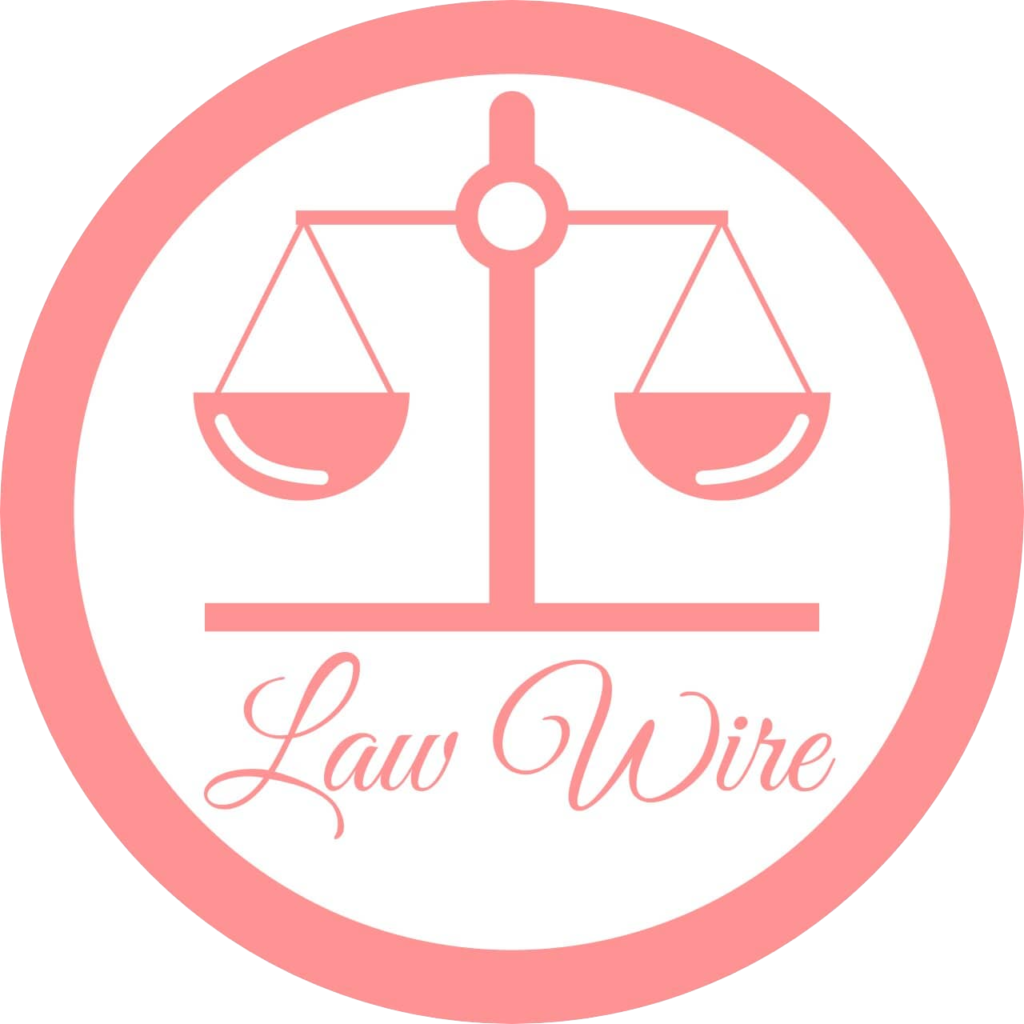Rule 1: Modes of paying money under decree—
(1) All money, payable under a decree shall be paid as follows, namely:
(a) by deposit into the Court whose duty it is to execute the decree, or sent to that Court by postal money order or through a bank; or
(b) out of Court, to the decree-holder by postal money order or through a bank or by any other mode wherein payment is evidenced in writing; or
(c) otherwise, as the Court which made the decree, directs.
(2) Where any payment is made under clause (a) or clause (c) of sub-rule (1), the judgment-debtor shall give notice thereof to the decree-holder either through the Court or directly to him by registered post, acknowledgment due.
(3) Where money is paid by postal money order or through a bank under clause (a) or clause (b) of sub-rule (1), the money order or payment through bank, as the case may be, shall accurately state the following particulars, namely:—
(a) the number of the original suit;
(b) the names of the parties or where there are more than two plaintiffs or more than two defendants, as the case may be, the names of the first two plaintiffs and the first two defendants;
(c) how the money remitted is to be adjusted, that is to say, whether it is towards the principal, interest or costs;
(d) the number of the execution case of the Court, where such case is pending; and
(e) the name and address of the payer.
(4) On any amount paid under clause (a) or clause (c) of sub-rule (1), interest, if any, shall cease to run from the date of service of the notice referred to in sub-rule (2).
(5) On any amount paid under clause (b) of sub-rule (1), interest, if any, shall cease to run from the date of such payment:
Provided that, where the decree-holder refuses to accept the postal money order or payment through a bank, interest shall cease to run from the date on which the money was tendered to him, or where he avoids acceptance of the postal money order or payment through bank, interest shall cease to run from the date on which the money would have been tendered to him in the ordinary course of business of the postal authorities or the bank, as the case may be.
Rule 2: Payment out of Court to decree-holder—
(1) Where any money payable under a decree of any kind is paid out of Court, or the decree of any kind is otherwise adjusted in whole or in part to the satisfaction of the decree-holder, the decree-holder shall certify such payment or adjustment to the Court whose duty it is to execute the decree, and the Court shall record the same accordingly.
(2) The judgment-debtor or any person who has become surety for the judgment-debtor] also may inform the Court of such payment or adjustment, and apply to the Court to issue a notice to the decree-holder to show cause, on a day to be fixed by the Court, why such payment or adjustment should not be recorded as certified; and if, after service of such notice, the decree-holder fails to show cause why the payment or adjustment should not be recorded as certified, the Court shall record the same accordingly.
(2-A) No payment or adjustment shall be recorded at the instance of the judgment-debtor unless—
(a) the payment is made in the manner, provided in Rule 1; or
(b) the payment or adjustment is proved by documentary evidence; or
(c) the payment or adjustment is admitted by, or on behalf of, the decree-holder in his reply to the notice given under sub-rule (2) of Rule 1, or before the Court.
(3) A payment or adjustment, which has not been certified or recorded as aforesaid, shall not be recognised by any Court executing the decree.
IMPORTANT CASE LAWS
1. Power of executing Court in awarding interest:
State of Punjab v. Krishan Dayal Sharma, (2011) 11 SCC 212 : “In the absence of pleadings and directions in the judgment or decree which was under execution, it was not open to the executing court to award interest. The executing court is bound by the terms of the decree, it cannot add or alter the decree on its notion of fairness or justice.”
CONNECTED SECTIONS
Coming up soon…
